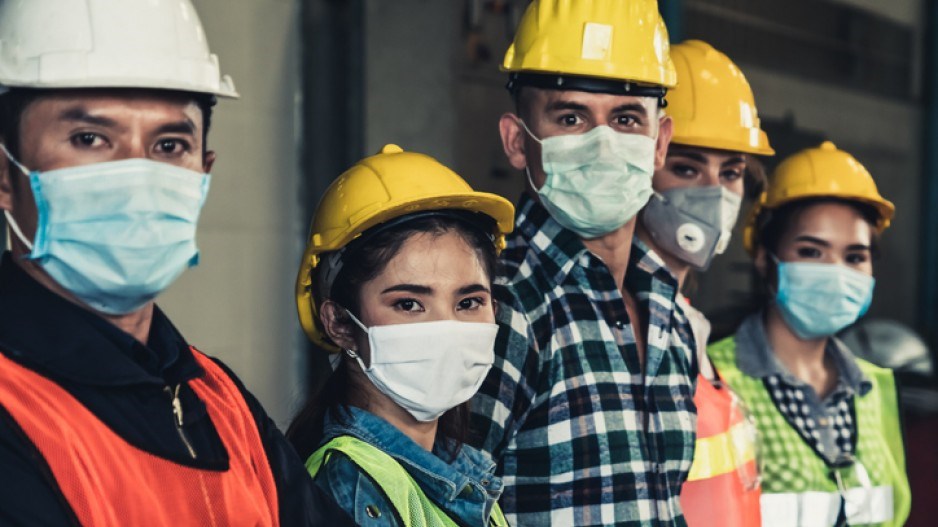To say that as a society, we have a challenge with mental wellness, is to vastly understate the seriousness of a health crisis that is raging out of control.
An epidemic before COVID-19, the mental health calamity that has gripped our communities has been compounded by pandemic-forced social isolation resulting from job losses, the closure of schools and religious institutions and the cancellation of community events and family celebrations.
There remains a widespread hesitancy to talk openly about mental health issues and a cloud of stigma prevents the kinds of conversations that are needed to help people who are struggling. Mental health is an issue running very deep, but very silent – when it surfaces, the consequences are too often deeply tragic for individuals, their families, workplaces and communities.
When I was five years old, my father passed away from an “accident.” It was nearly 10 years later that I was told that he took his own life. That’s the way things were then – people simply did not talk about these things. In the decades since, there has not been a day that has gone by where I have not pondered the “what if” of this profound loss for my family. In recent years, I have wondered what it would be like to have the call display on my phone light up with the word “Dad.”
The men and women working in construction are not spared from the human toll of the crisis in mental wellness, and the statistics are sobering.
More than half the employed people who have died of opioid overdoses in B.C. in recent years worked in construction. WorkSafeBC reports that mental health claims in construction were up 25% from 2017 to 2019. And, according to the Lancet medical journal, it’s not just accidental overdoses that affect construction either – the risk of suicide for those working in construction is seven times the national average.
There are a lot of resources to help safeguard and improve mental wellness, but not many of them are tailored to construction workplaces and workforces.
Construction contractors and workers have much to be proud of in how effectively they’ve enhanced commitments to workers’ physical safety in recent decades. Now, we must strive to create workplace cultures that foster all aspects of worker well-being.
To do that, we need to talk about mental wellness more openly and in every part of construction – on our job sites, in our safety briefings, at our toolbox talks, and in our offices. My organization, the Independent Contractors and Businesses Association (ICBA), has spent the past year consulting with contractors, construction workers and wellness experts to develop a workplace wellness program with the construction worker at its centre.
And because the COVID-19 pandemic has taken such an enormous toll on people, families and their communities, ICBA is offering this new wellness program free to our member construction contractors and their employees.
Developed specifically for the construction industry and its unique challenges, ICBA’s Workplace Wellness program is designed to change the construction workplace culture. It’s holistic – addressing diverse, interconnected themes that collectively influence individual well-being.
Everything is designed for the unique challenges of construction – the stress and pressure to meet schedules, the physical toll, life in a remote work camp, and the project-driven nature of the work.
The Canadian Centre for Occupational Health and Safety says only 23% of Canadians feel comfortable talking to their employers about mental health issues. We want to help raise that number, especially in construction.
The scope and scale of the crisis that is destroying far too many people and families struggling with mental wellness challenges is indeed daunting. Every month, B.C. officials report new record numbers of drug overdoses.
As we rebuild our economy after COVID-19, we must also ensure that we are rebuilding our people. We have to learn how to start conversations and remove the stigma associated with mental wellness. By doing so, we can help countless fathers, mothers, sons, daughters, friends, and co-workers avoid the pain and devastation that too often comes from silence, from saying and doing nothing.
Chris Gardner is president of the Independent Contractors and Businesses Association. Details about ICBA’s Workplace Wellness Program can be found at icba.ca/wellness.




